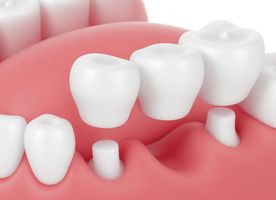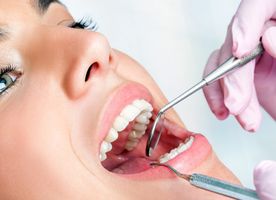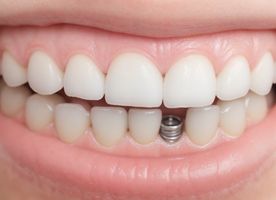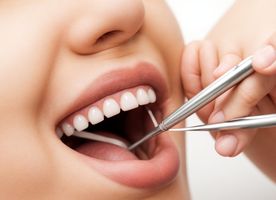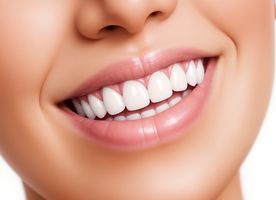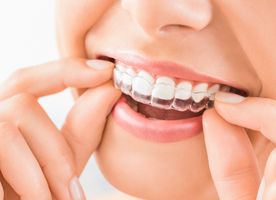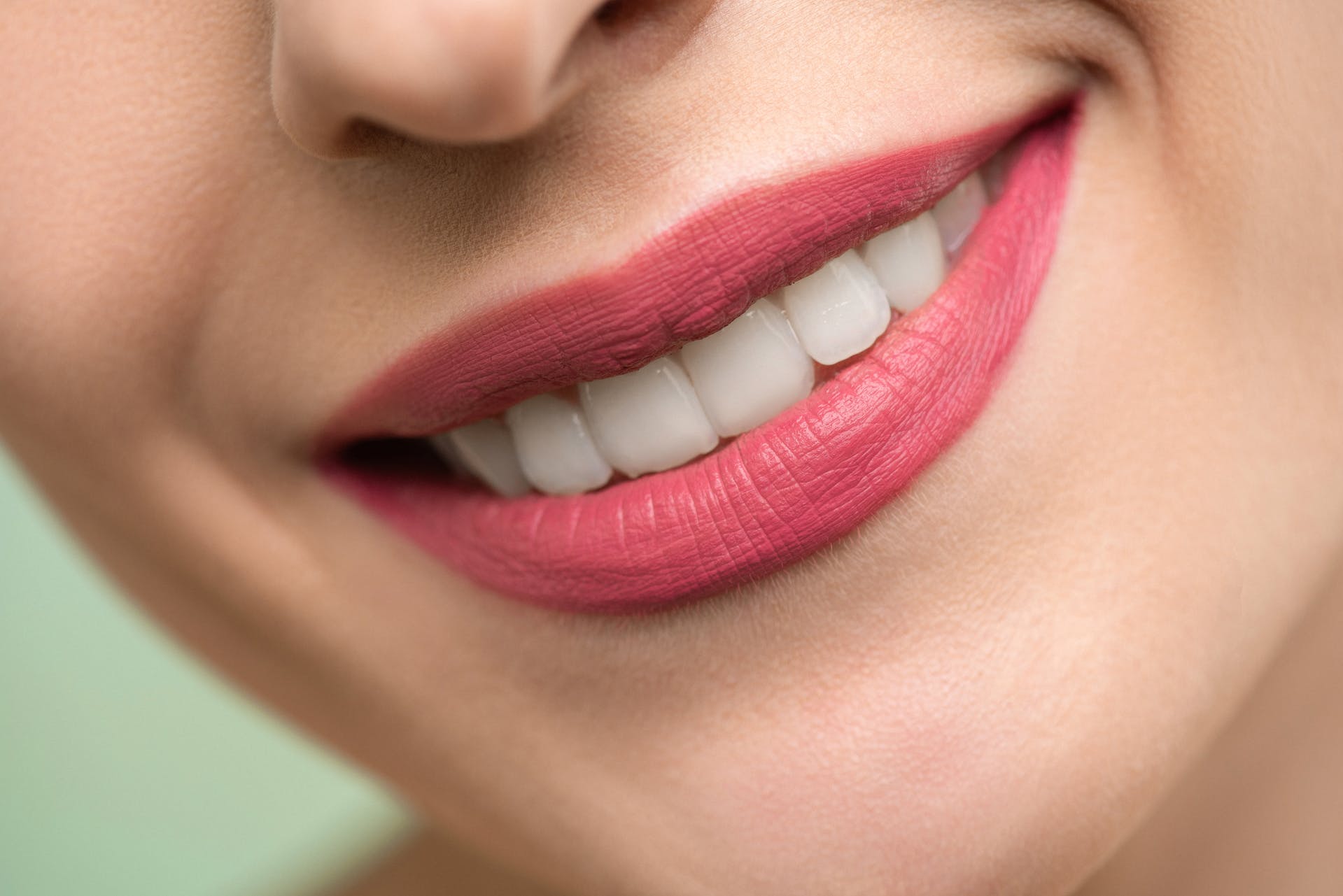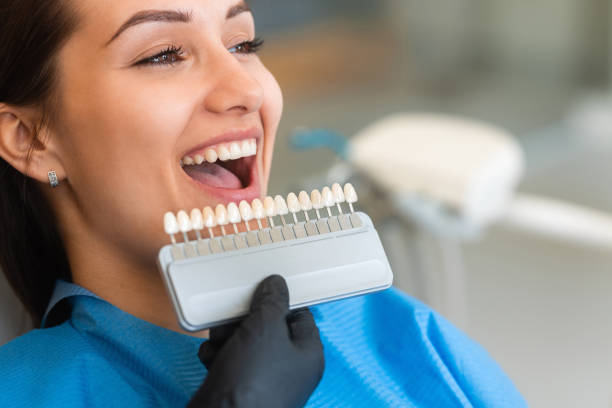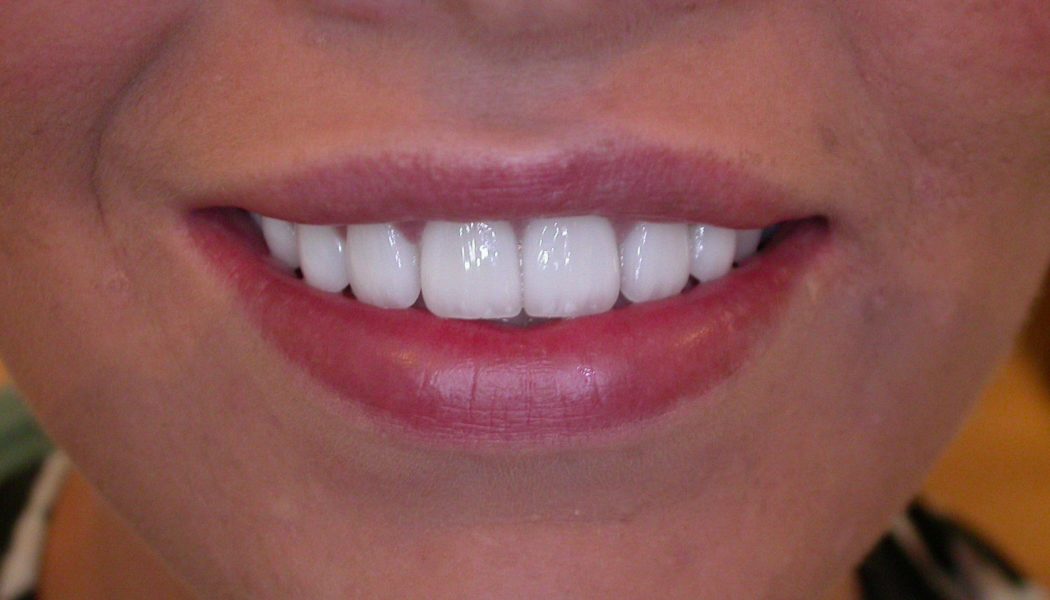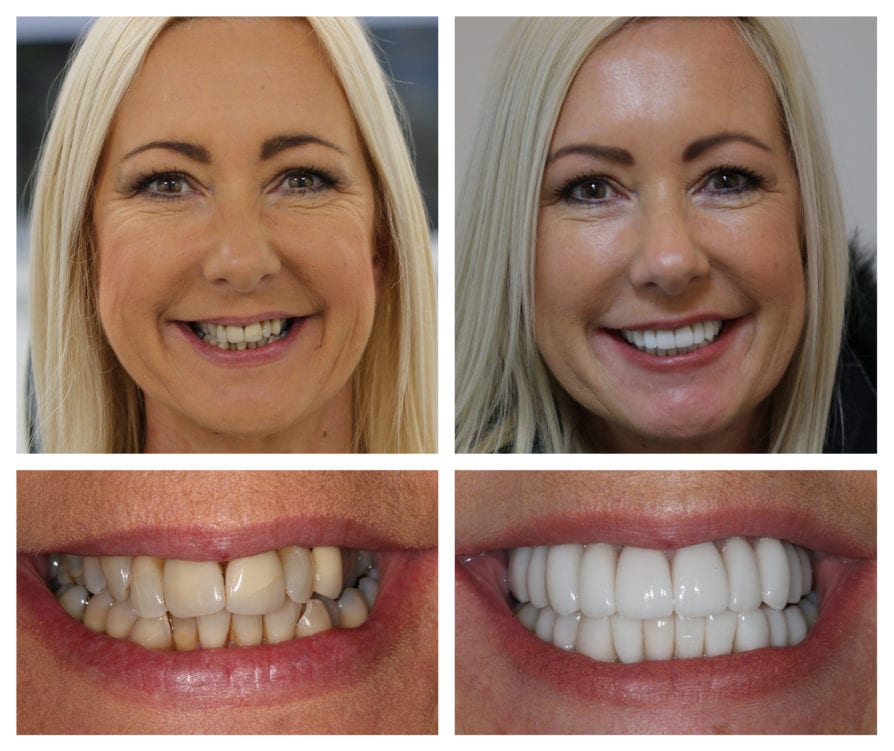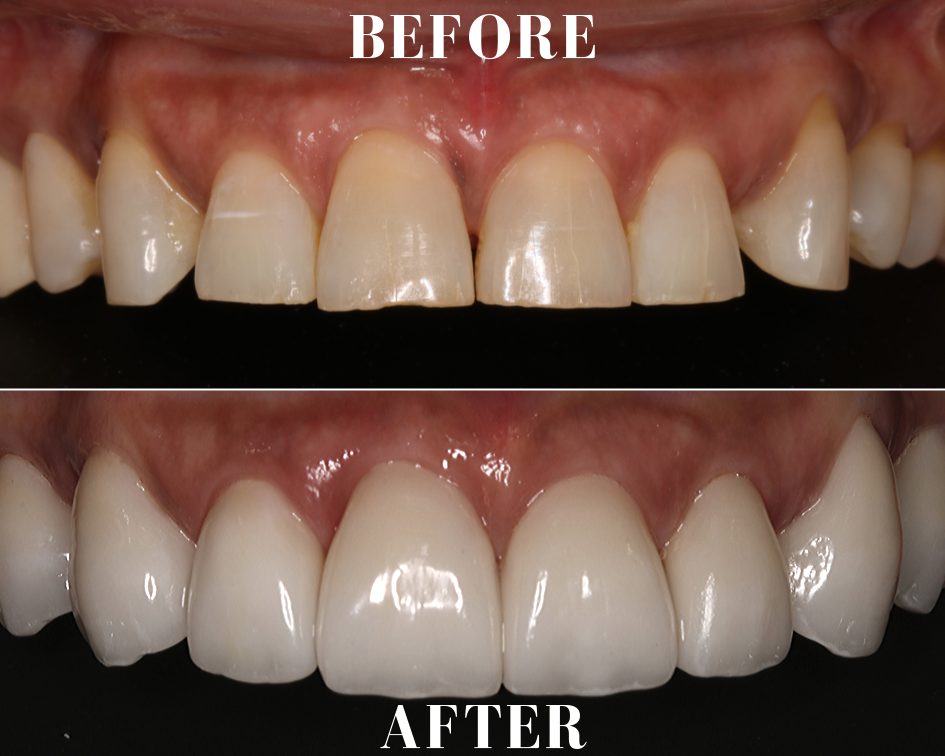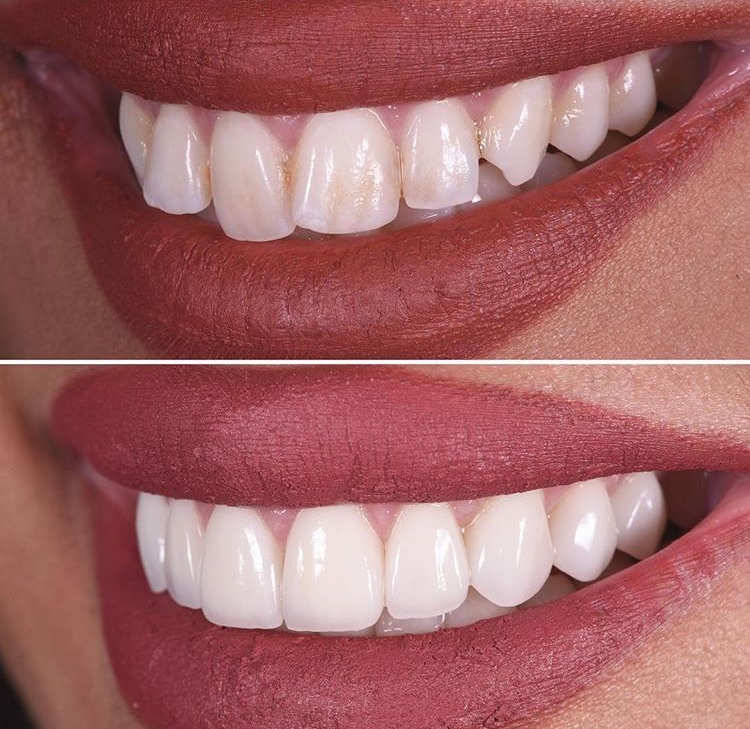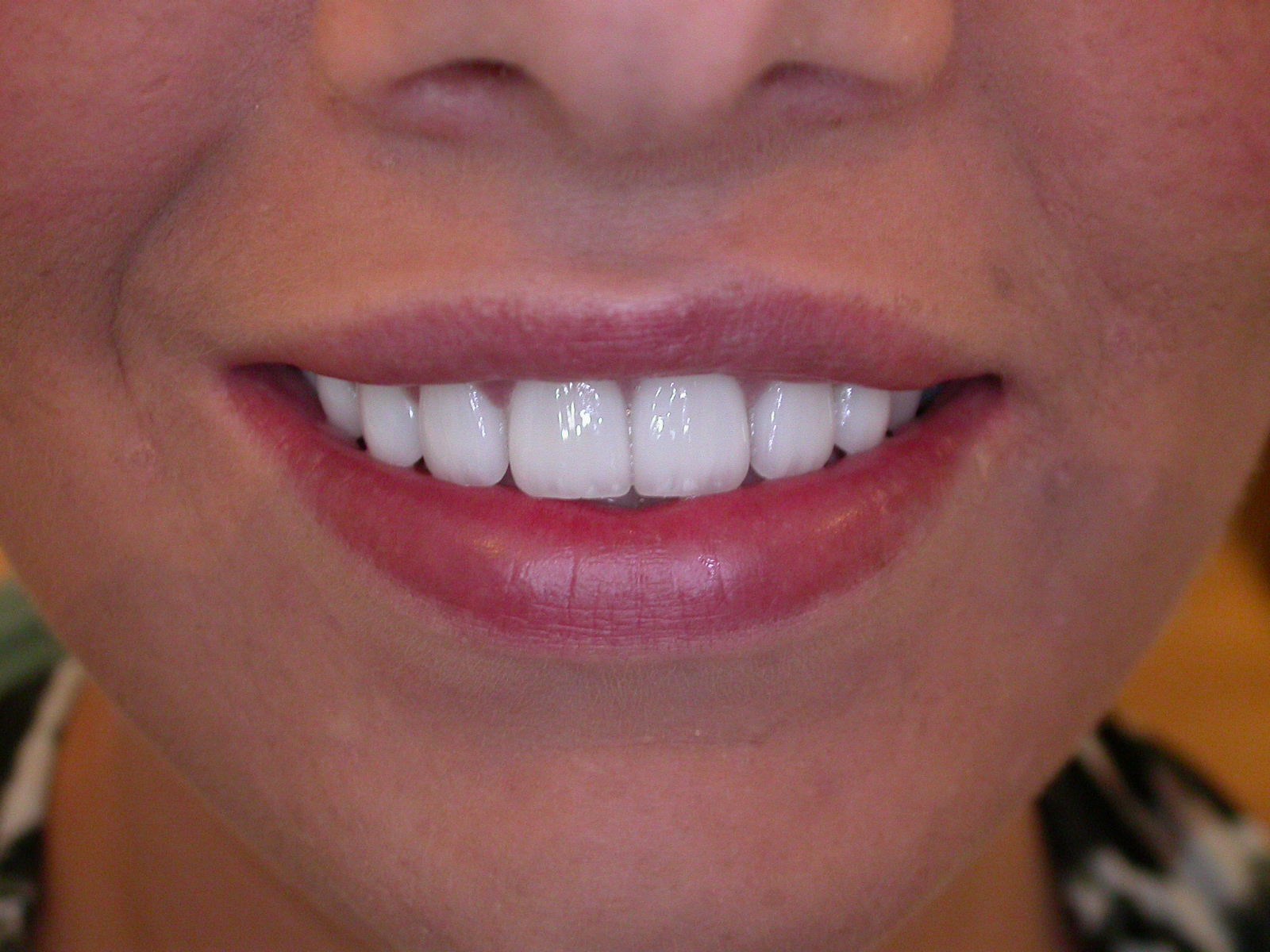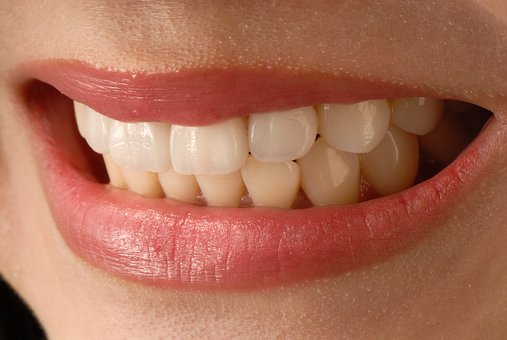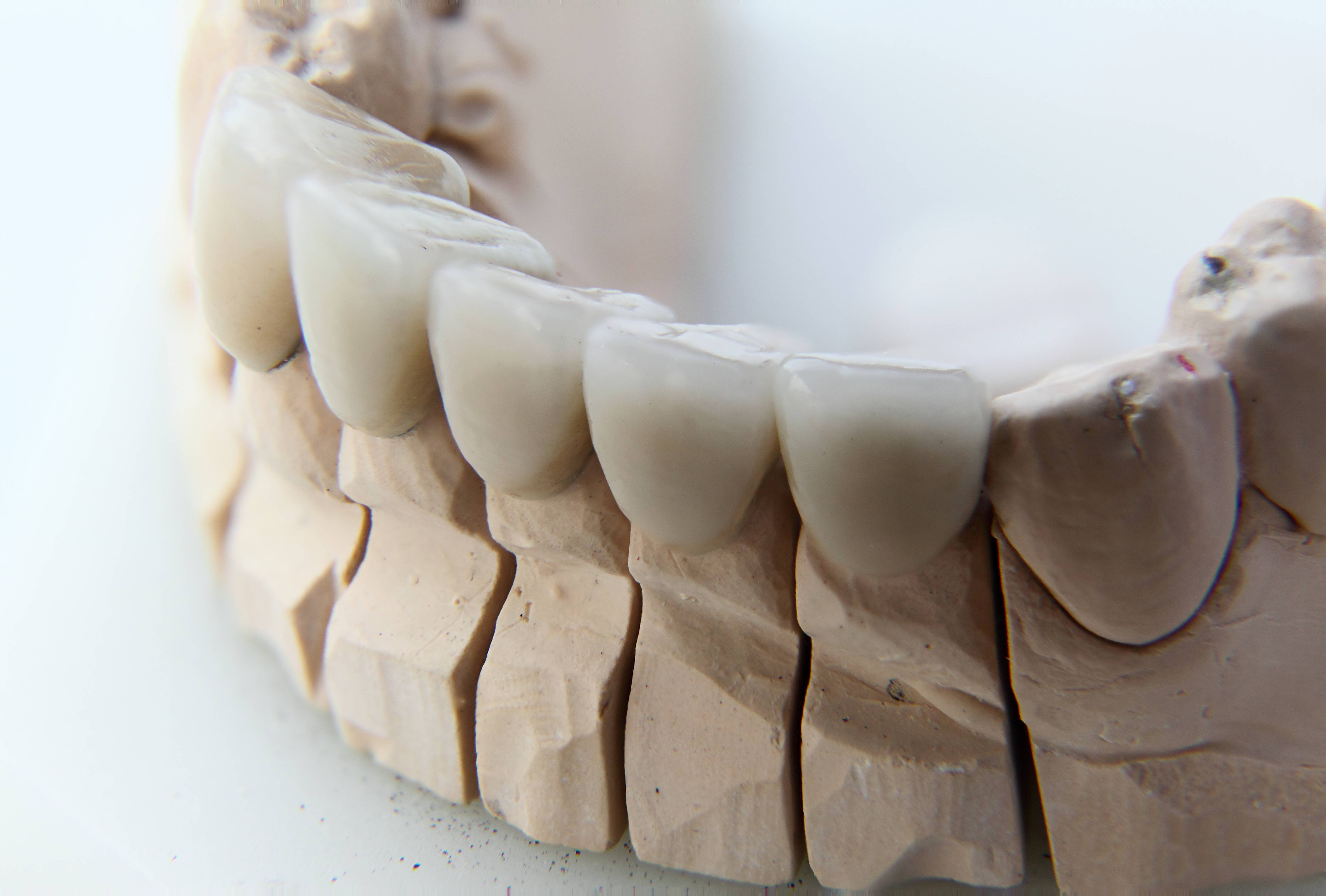Veneers in Thailand
Search and Compare the Best Clinics and Doctors at the Lowest Prices for Veneers in Thailand
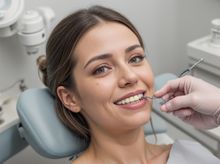





Veneers at Jompol Dental Clinic in Khon Kaen, Thailand




Veneers at Chiangmai International Dental Center (CIDC) in Chiang Mai, Thailand




Veneers at Beauty Smile Dental Clinic, Lamai in Koh Samui, Thailand





Veneers at Thonglor Dental Hospital, Tiwanon in Nonthaburi, Thailand





Veneers at Phuket Dental Signature in Phuket, Thailand





Veneers at Thonglor Dental Hospital, Ratchapruek in Nonthaburi, Thailand





Veneers at Kitcha Dental Clinic in Chiang Mai, Thailand





Veneers at Bangkok Hospital Bangkok in Bangkok, Thailand





Veneers at Bangkok International Dental Center (BIDC) in Bangkok, Thailand





Veneers at Smile Signature at Ratchada in Bangkok, Thailand





Veneers at BIDH Dental Hospital in Bangkok, Thailand





Veneers at Smile Signature at Siam Square in Bangkok, Thailand





Veneers at Bangkok Smile Dental Clinic, Sukhumvit 5 in Bangkok, Thailand





Veneers at Dental 4 You Clinic in Chiang Mai, Thailand





Veneers at Smile Signature at Srinakarin (Seacon Square) in Bangkok, Thailand





Veneers at Smile Signature at Phaholyothin in Bangkok, Thailand





Veneers at Dental World Chiangmai Clinic in Chiang Mai, Thailand





Veneers at Tantawan Dental Clinic in Bangkok, Thailand





Veneers at S Smile Dental Clinic by Dr.Sirinate in Hua Hin, Thailand





Veneers at The Dental Design Center in Pattaya, Thailand
Our partner clinics in are accredited by the following associations












































































































































Compare Before & After Photos of Veneers
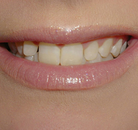
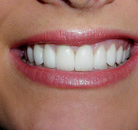
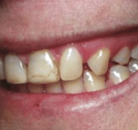
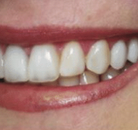
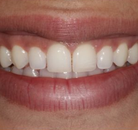
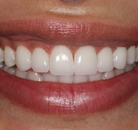
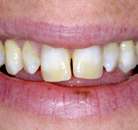
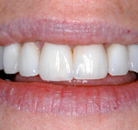
No Time?
Tell us what you're looking for and we'll reach out to the top clinics all at once
WHY US?




















































































































































No Time?
Tell us what you're looking for and we'll reach out to the top clinics all at once
What are Veneers?

Veneers are custom-made shells created specifically to cover the front surface of the teeth to improve their appearance. They are usually made from porcelain or composite materials and are permanently attached to your teeth. Think of them like fake acrylic nails glued to your short or brittle nails, and act like healthy, beautiful ones, masking imperfection and making a big difference to your entire look.
Veneers can be done to solve a variety of reasons. Some people may only get one veneer in the case of a chipped tooth, while others may get six to eight veneers to create a symmetrical smile. Veneers are most commonly applied to the top front eight teeth. Some of the most common problems that veneers can solve are:
- Damaged teeth – teeth that have become badly worn down by carbonated drinks or excessive grinding, or teeth that have been broken or chipped in an accident can be fixed by veneers.
- Stained teeth – dental veneers can significantly enhance the appearance of severely stained teeth that cannot be enhanced by teeth whitening. Dental veneers function as a cover that "hides" any stains on your natural teeth.
- Crocked teeth – veneers can be an option for those with crooked teeth, although invisible aligners (Invisalign) or braces would probably be a better solution for teeth that are severely crooked. Veneers can be placed over the front surface to give a perfectly aligned and straight-looking smile for teeth that are not badly crooked.
- Gaps – if you have unusual spaces or gaps between your teeth and do not like the way it looks, veneers can easily close them and give you a more uniform-looking smile.
- Small than average teeth – veneers can increase the size of small than average teeth. It can create the illusion of longer and wider teeth that fit neatly in your mouth.
- Pointed or unusually shaped teeth – if you don't like the shape of a tooth because they are unusual or too pointed, veneers can be made specifically to your desired shape or to match the surrounding teeth.
What are the benefits of Veneers?
Dental veneers continue to become one of the most popular cosmetic dental procedure because it offers numerous benefits. Below are some of the benefits that veneers offer:
- Improve your smile – if you wish you could change certain things about your teeth to have a more beautiful smile, porcelain veneers can help you with it. Whether you want to whiten your teeth, close small gaps in between your teeth, or cover a chipped tooth, veneers can utterly reinvent your smile. The great smile that veneers can give you means that it can also boost your confidence.
- Instant results – the process of veneers only takes two visits to your dentists. The first one is to get an imprint of your teeth and craft the veneers, and the second to place the veneers on your teeth. This is a lot quicker than many other dental procedures that can correct the same things as veneers. For example, teeth whitening using bleach with your dentist may take months until you get your desired results, but with veneers, you can get whiter teeth almost instantly.
- Look and function just like natural teeth – dental veneers have a natural appearance that blends in with your teeth, so other people should not be able to tell that you have them. In addition, veneers also function just like natural teeth since the material used closely imitates your real teeth' functionality. Veneers are strong and hard enough that you can treat them just as you would your natural teeth. You can eat, talk, floss, and brush your teeth just like you usually would.
- Encourage good oral hygiene – for many people, getting veneers is like having a second chance at keeping your smile looking beautiful. This encourages them to take care of their veneers and practice good oral hygiene.
- Easy maintenance – there is no special treatment you need to do in order to maintain your veneers. You can take care of your veneers the same way you take care of your natural teeth. Porcelain veneers are even more durable and more stain-resistant than your natural teeth. As long as you brush your teeth twice a day, floss daily, and attend regular dentist appointments, your veneers should last a long time.
- Customizable – there is no such thing as one size fits all when it comes to veneers. They are customized to tailor to your teeth's shape and color so that they look natural, giving you a beautiful smile that is uniquely yours.
Why are dental Veneers so popular in Thailand?
Thailand is one of the world's most popular destinations for veneers besides Turkey. There are many discussions about getting veneers in Thailand on Reddit, and other social media platforms as more and more people are thinking of enhancing their smiles in this Southeast Asian country.
One of the main reasons behind its popularity is the cheaper cost of veneers that this country offers. Like many other cosmetic dentistry procedures, veneers can be very expensive and are not covered by insurance, especially in Western countries like the United States, Australia, and the United Kingdom. Due to the high price tag of this procedure, people simply cannot afford them. This is why many choose to have their veneers in Thailand. On average, you can save up to 60% of your money if you undergo the procedure here.
The best thing is, the affordable prices that Thailand offers do not mean a compromise on the quality standards of care and materials. Many people are skeptical about the quality of veneers in Thailand, but the country continues to prove them wrong. Most dentists in Thailand are highly experienced and qualified. Many of them have trained in the United States, the United Kingdom, and Australia. Besides, the dental clinics in the country have advanced equipment, such as modular operating systems and up-to-date IT solutions. Some dental clinics in Thailand have Computer-Aided Design or Computer-Aided Manufacturing (CAD/CAM) technology, which uses a digital scanner to create an exact mold of your mouth. This helps tailor the perfect veneers for your teeth.
The material used for veneers is the same high-quality material used in Western countries. It is also easy to find a dental clinic accredited by international accreditations, such as Joint Commission International (JCI).
Another reason why Thailand is super famous among those who want to get veneers is that the dental clinics in the country offer world-class services. You can be sure to be cared for by attentive staff and excellent facilities. Some of the highest-rated dental clinics in the country provide all the services you could possibly need, from online doctor consultation and free Wi-Fi to hotel booking and airport pickup.
Language is not usually a barrier in Thailand since most dental clinic staff can speak English fluently, particularly staff in dental clinics that specifically cater to international patients.
What type of Veneers can be found in Thailand?
You can choose a few different types of veneers in Thailand, including:
Porcelain Veneers
Porcelain veneers are the most common and most preferred type of veneer in Thailand. They are known as the most esthetic and least harmful material, as well as the longest-lasting and strongest among all veneer materials. Since they are incredibly biocompatible, they rarely injure the gum tissues and the surrounding soft tissues in your mouth. Porcelain veneers are also known for their ability to blend in with your natural tooth color and resistance to stain. They also have a lower chance of chipping, fracture, or breakage. One of the most popular types of porcelain veneers in Thailand is E-Max Porcelain.
Composite Veneers
Composite veneers in Thailand is another popular type of veneer. They are made of composite resin, a mixture of organic and inorganic materials. The organic materials are the resin, initiator, and the coupling agent, while the primary inorganic material is the filler. The bonding material that is used to create composite resin veneers is the same as tooth-colored dental fillings.
Although composite veneers are relatively strong, they are not as durable as porcelain veneers. They look just as natural as porcelain veneers, but they are more prone to staining over time and do not last as long as porcelain veneers. However, many people choose this type of veneers because they are one of the most affordable and only requires a single visit to the dentist, whereas porcelain veneers need to separate appointment to be completed.
Lumineers
Lumineers are a brand of veneers that are made of ultra-thin porcelain laminate material. They require minimal preparation and are reversible. They are most commonly used to treat irregularly shaped and discolored teeth. However, they look less natural, more prone to fracture and damage, and have a shorter lifespan than their natural veneers.
Clip-On Veneers
Clip-on veneers in Thailand is also known as snap-on veneers, removable veneers, or temporary veneers. They are gaining popularity because they are easy to use and affordable. Unlike porcelain and composite veneers or other permanent veneers, you can take clip-on veneers out at any time you want. Although they are very convenient, they do not look or feel as natural as permanent veneers. They are also more likely to harm your gum tissue over time with frequent wear and are more prone to plaque build-up.
What's the process of getting Veneers in Thailand?
During your first appointment, your dentist will evaluate the shape, fit, and coloration of the veneer to ensure that they are perfect for you. Then, they will prepare your teeth for the veneer placement. Your teeth will be cleaned thoroughly as it is essential to keep bacteria from being trapped under the veneer, causing decay. After that, they will remove some of the outer enamel surfaces of your tooth to create a rougher texture on each tooth. This is done to make the bonding process of the veneer easier. The amount of enamel removed is very small to ensure that the tooth stays the same size. A local anesthetic may be used during this stage to ensure that you feel no discomfort. However, it is often not required.
Once your dentist is done preparing your teeth, they will take an 'impression' or mold of your teeth. The impression is then sent to the dental laboratory and used to create your veneer. Meanwhile, a temporary veneer will be fitted on your teeth until the final veneer is done. You can leave the dentist's office after the temporary veneer is placed. The permanent veneer takes a few days to finish.
After the permanent veneers are ready, you will come back for the second appointment. During this appointment, your dentist will bind the veneer to the tooth using dental cement. Then, ultraviolet light will be used to harden this cement quickly. Once the process is done, you can leave the dentist's office right away.
What's the schedule like when getting Veneers in Thailand?
Veneers usually require two appointments. Each appointment takes around two hours to finish. Although you can leave the dentist's office immediately after each appointment, it is recommended that you stay in Thailand for 5 to 7 days in case the dentist schedules a follow-up appointment.
The good news is, there is no recovery time after each appointment. You may experience some mild discomfort for about a week, but you should be able to return to your normal routine immediately after. This means that you can easily combine your dental procedure with a wonderful holiday in Thailand. If you choose to have your veneers in Bangkok, you can see its famous attractions, such as the Grand Palace, Wat Pho, Wat Arun, and Chatuchak Market. Many people who have veneers in Thailand choose Phuket as their destination so they can relax on one of its beautiful beaches while they wait for their permanent veneers to be made.
What happens after the Veneers procedure in Thailand?
Once the veneers are placed, you are pretty much good to go. You can chew, smile, and talk as normal pretty much immediately. You may also be allowed to work and return to your regular activity straight away. However, if a local anesthetic is used, you need to wait for a few hours until the effects wear off until you are allowed to return to your regular activity. In some cases, you may be asked to rest for the remainder of the day.
There is no particular aftercare routine for veneers, but you do have to practice good oral hygiene to maintain them. Make sure to brush your teeth twice a day, floss daily, and use an antiseptic mouthwash. You also need to attend regular dentist appointments, which you can do with your local dentist back at home if you cannot or do not want to travel to Thailand back and forth.
Although there is no special aftercare, some tips below may help protect your veneers and make them last longer:
- Get a night splint if you grind or clench your teeth when sleeping. This will prevent you from damaging your veneers and your natural teeth while you sleep.
- Be careful with nuts, bones, and seeds, and make sure to cut up hard foods, such as apples.
- Avoid using your teeth to open anything, such as beer bottles or packets. You should also avoid biting your nails and chewing on hard objects like ice or pencils.
- Porcelain veneers are mostly stain resistant. However, it is recommended that you limit your intake of colas, tea, coffee, and red wine. You may also want to stop smoking to keep your veneers looking optimum.
What are the risks and side effects of Veneers?
The success rates of veneers in Thailand is high, with around 91% of people who have had the procedure experienced positive results. Still, you need to be aware that all procedures carry some potential risks and side effects, such as tooth sensitivity, risk of trauma, an issue with placement, response from gum tissues, and overall discomfort. There is also a risk that you don't like the way your veneer look. To avoid these risks, make sure you choose your dentist. Ask your chosen dentist in Thailand for their veneers before and after photos to get a good idea of the results of their veneers.
This information has been accurately sourced and verified by a medical professional for its accuracy, however, we strongly recommend you to consult with your doctor before pursuing medical procedures overseas.
